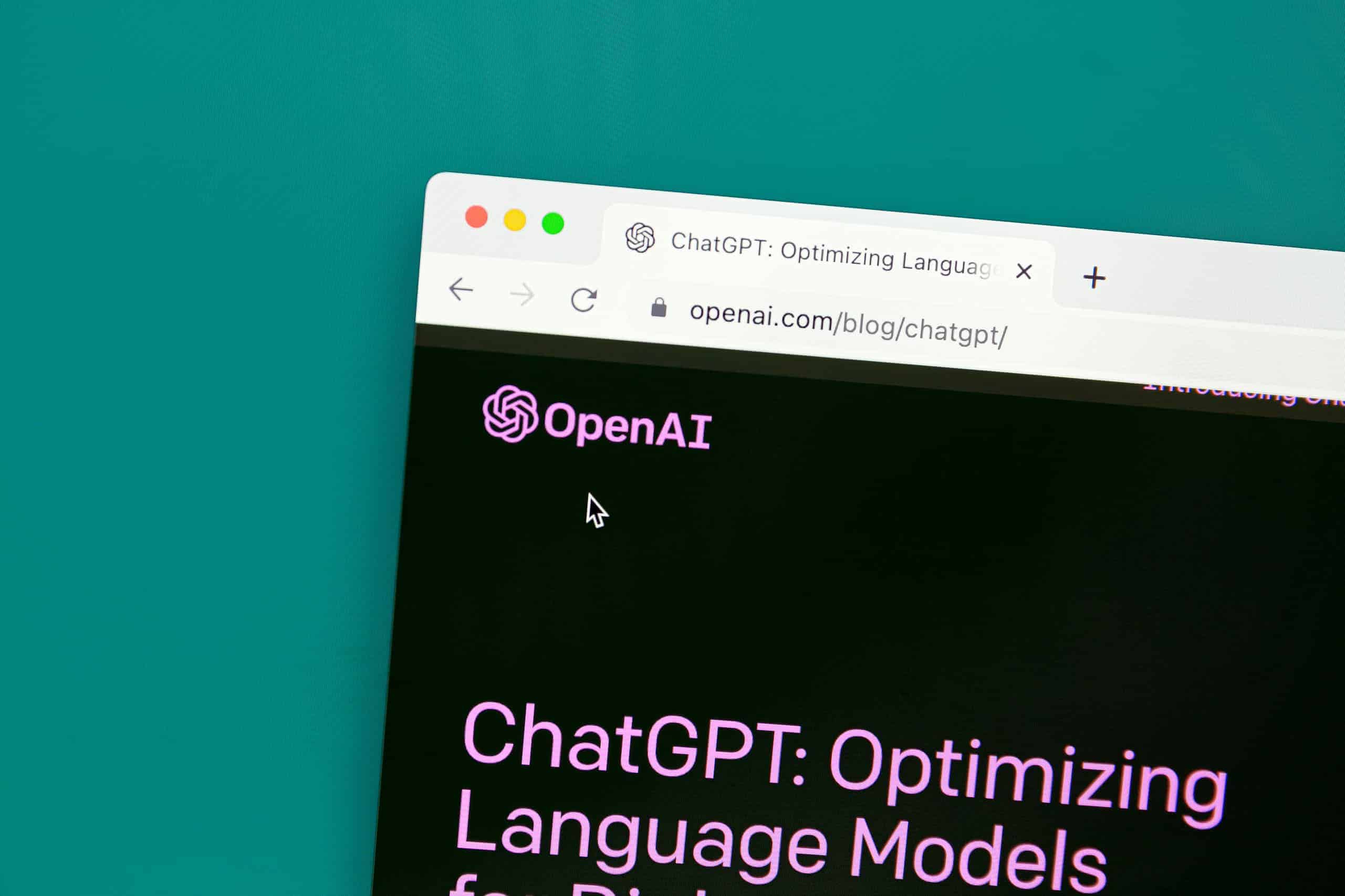
Por Contxto
January 13, 2024
OpenAI, has recently overturned its policy, now permitting the use of its technology for military and warfare purposes. This decision marks a significant departure from its previous stance that explicitly banned such applications. The change, first reported by TheIntercept, became effective on January 10 and has since sparked widespread debate and concern.
The policy alteration reflects the dynamic nature of tech company policies, which often evolve alongside their products. OpenAI’s previous initiatives, such as the introduction of customizable GPT models with monetization strategies, necessitated similar policy updates. However, the transition from a no-military stance to embracing potential military and warfare uses is particularly contentious.
Despite OpenAI’s attempt to clarify, stating that a blanket prohibition on creating weapons still exists, the removal of military and warfare from the list of prohibited uses signals a broader openness to military applications. This raises questions about the extent and nature of such uses, especially given the military’s broad range of activities beyond weaponry.
The potential positive applications of GPT technology, like analyzing extensive infrastructure documents for improved planning, are evident. Yet, the decision to fully remove military and warfare restrictions has led to criticisms of OpenAI for potentially catering to military clients and applications.